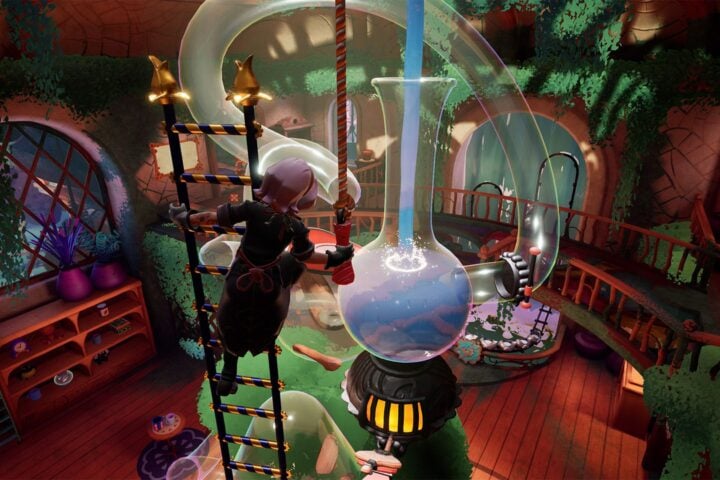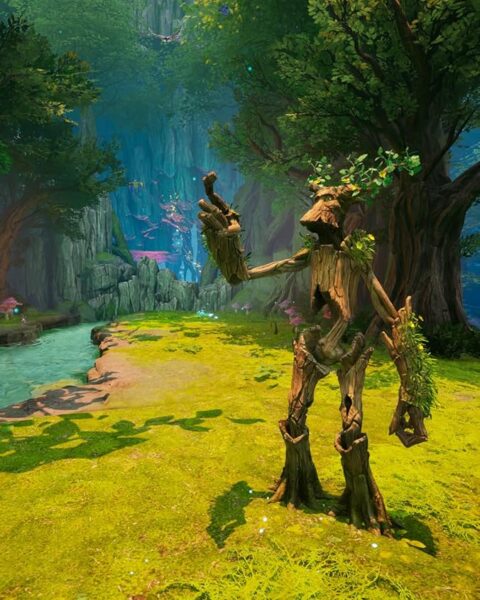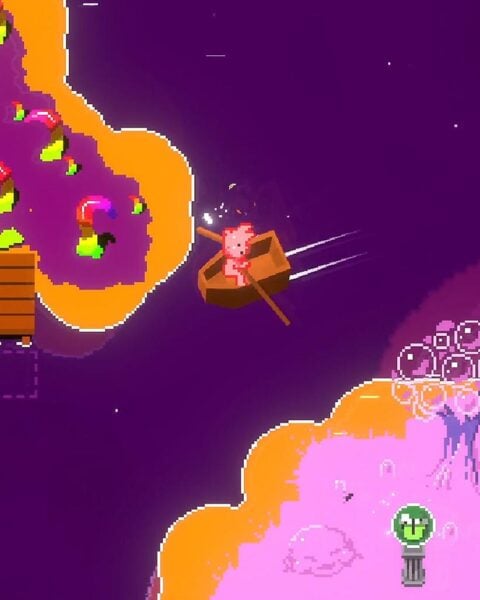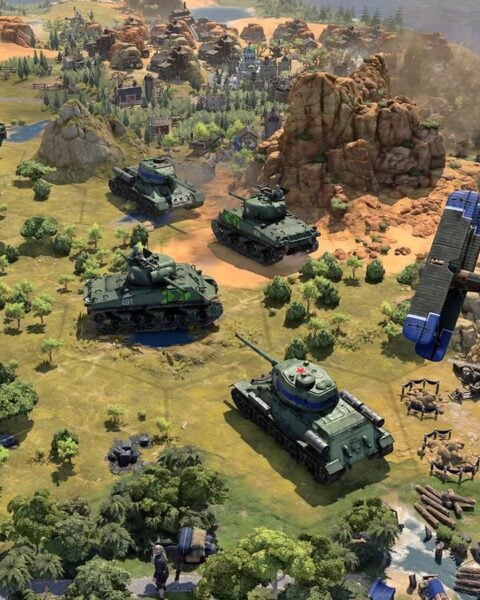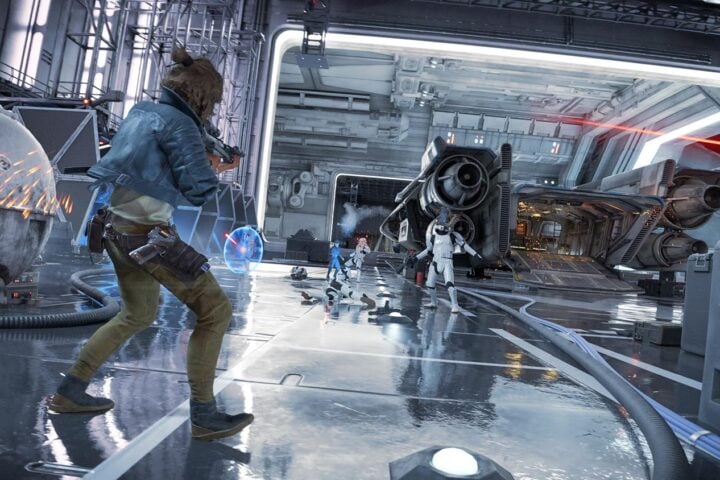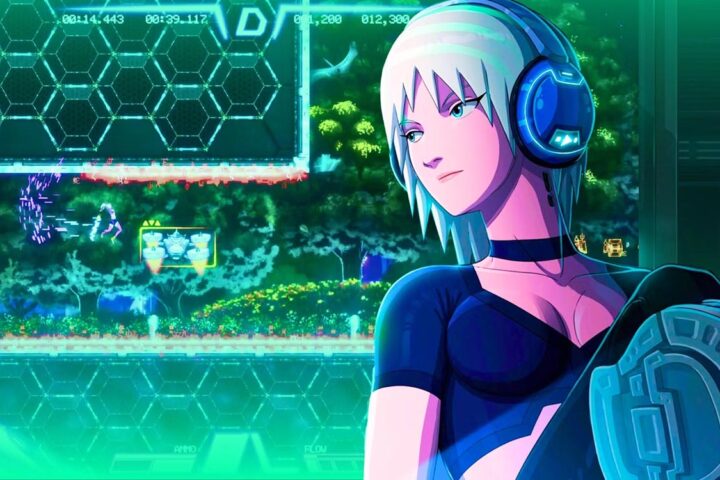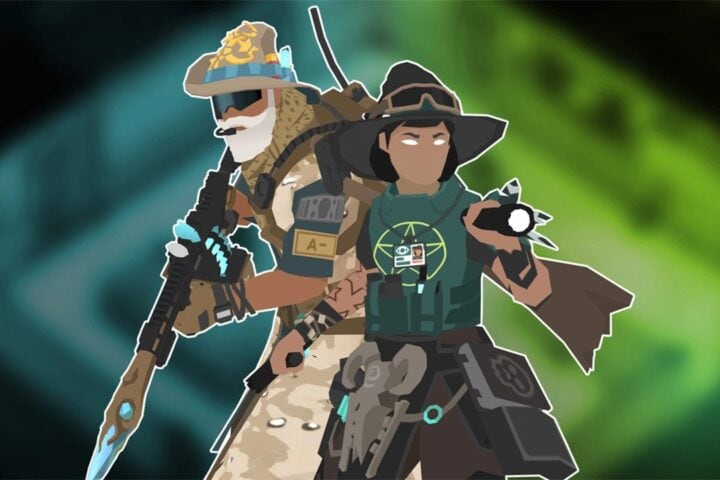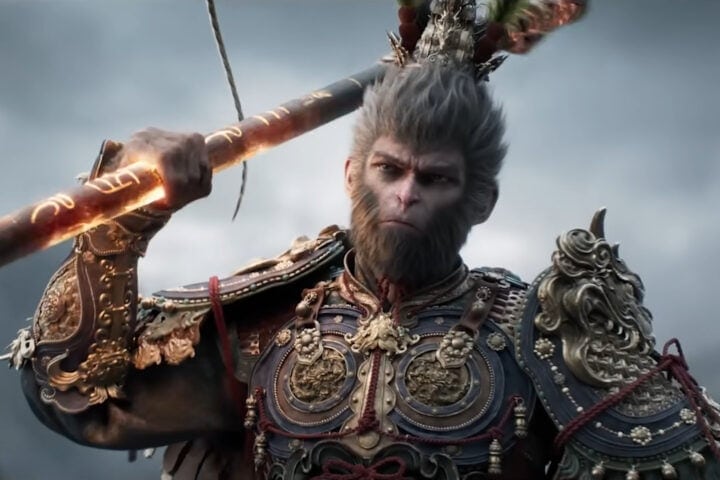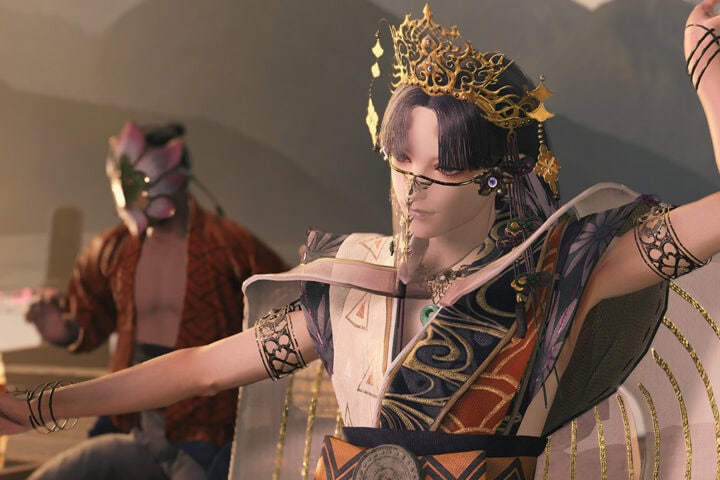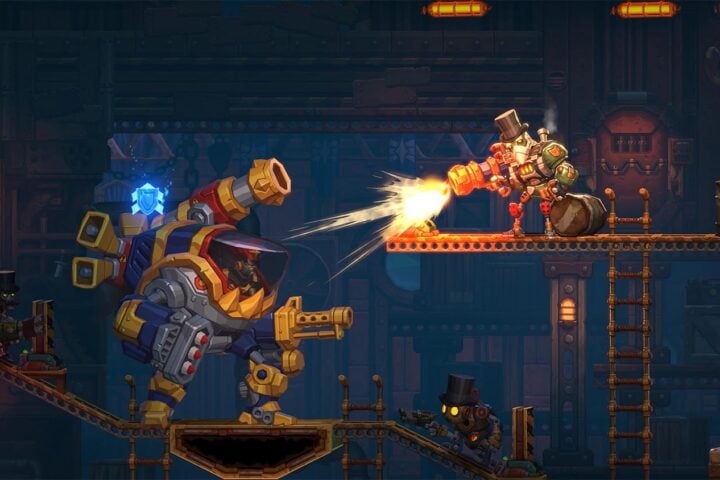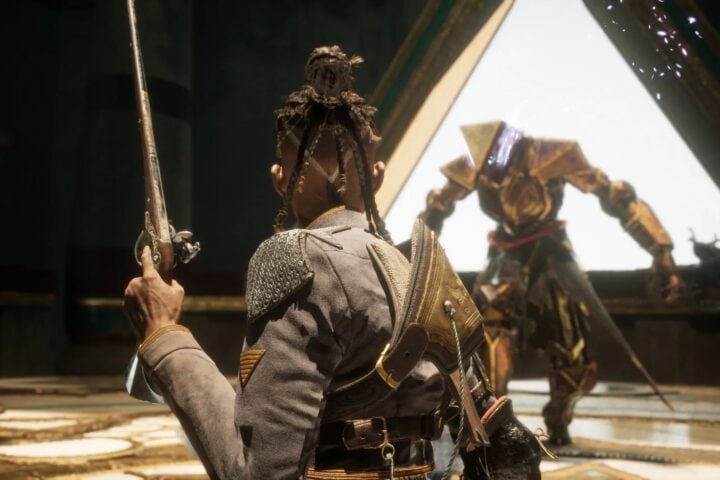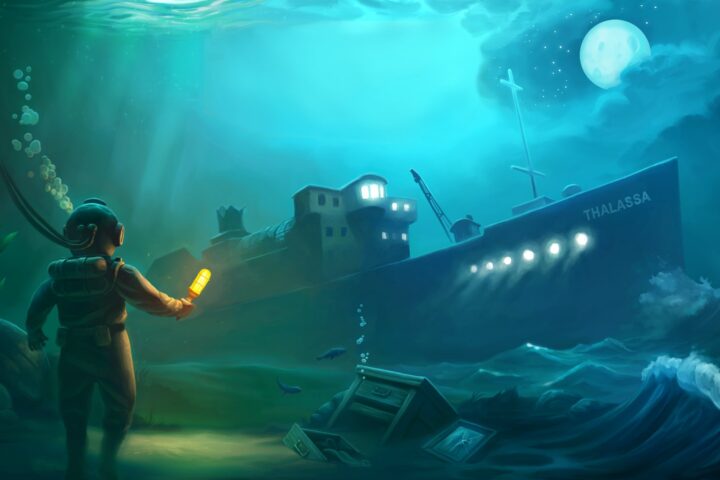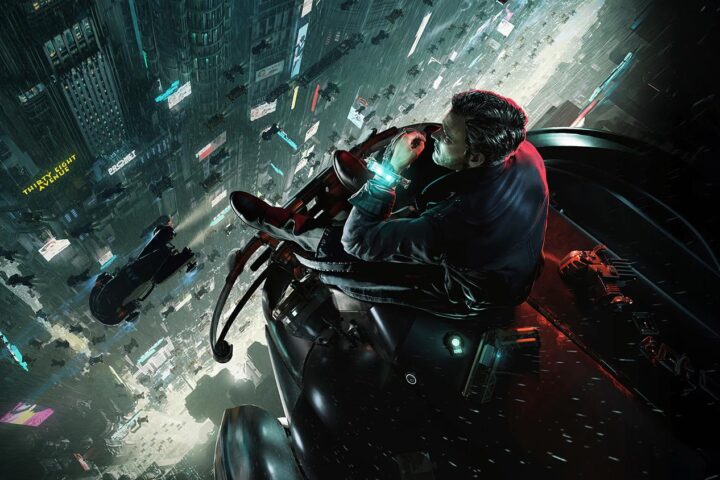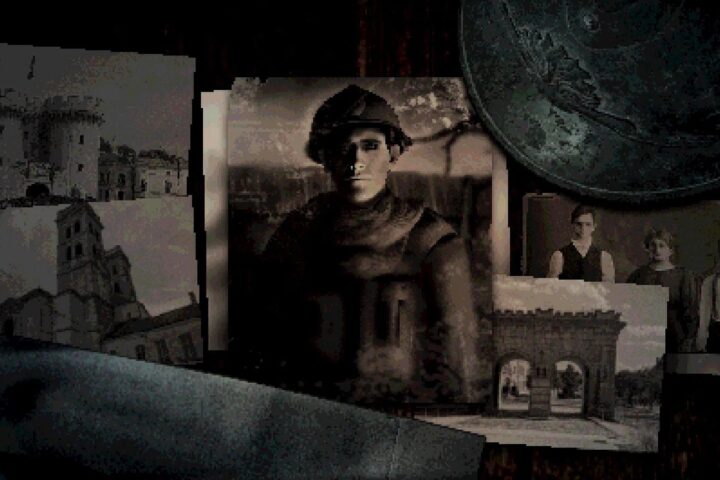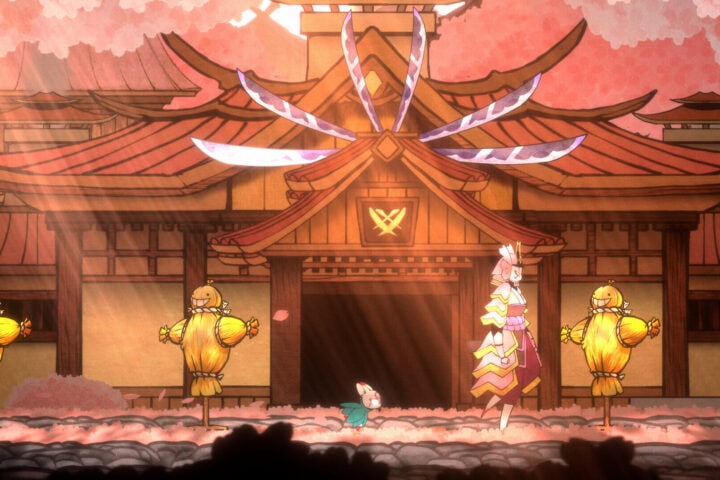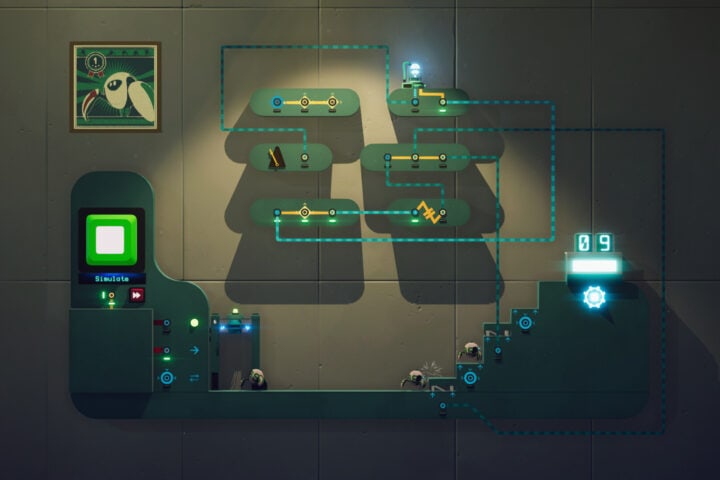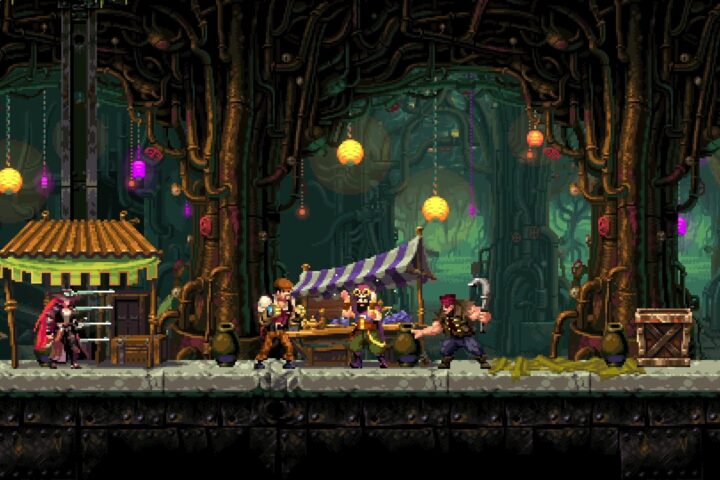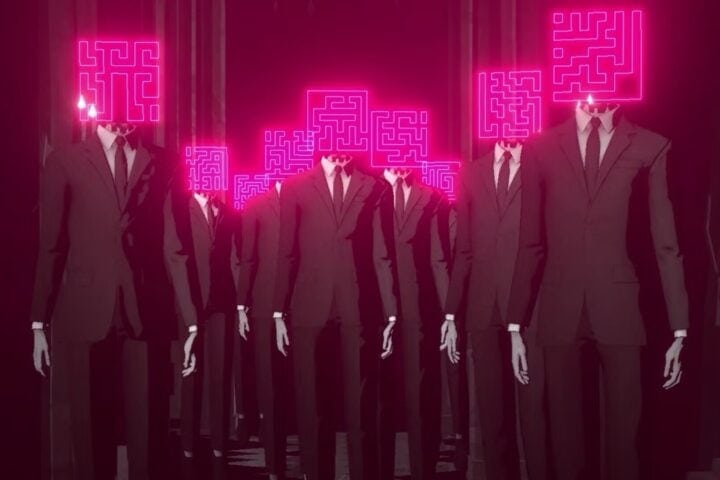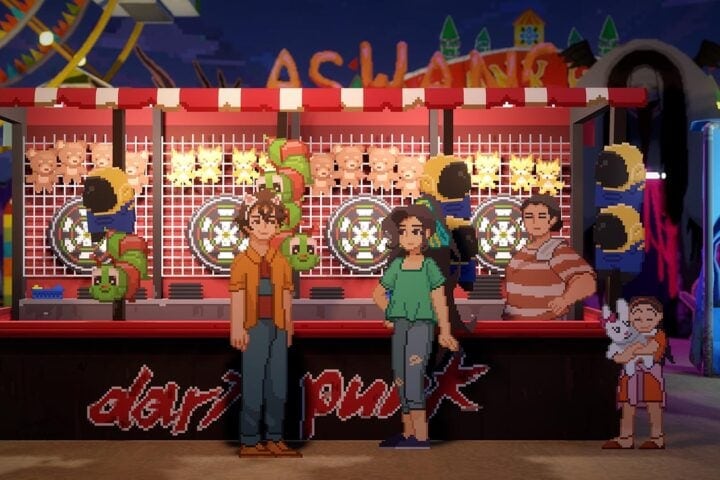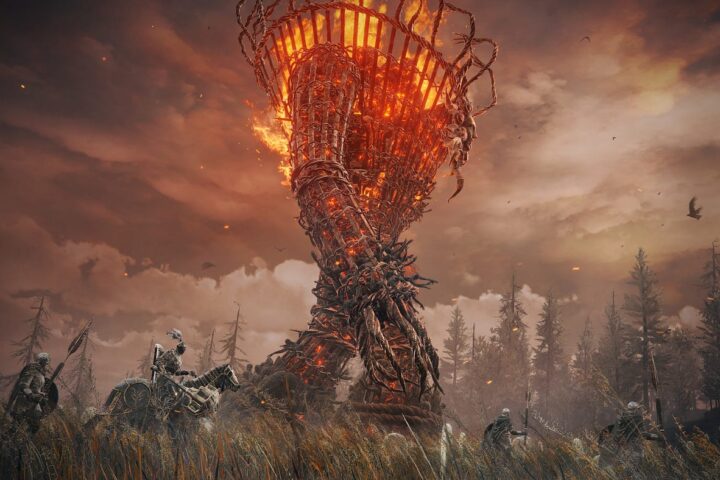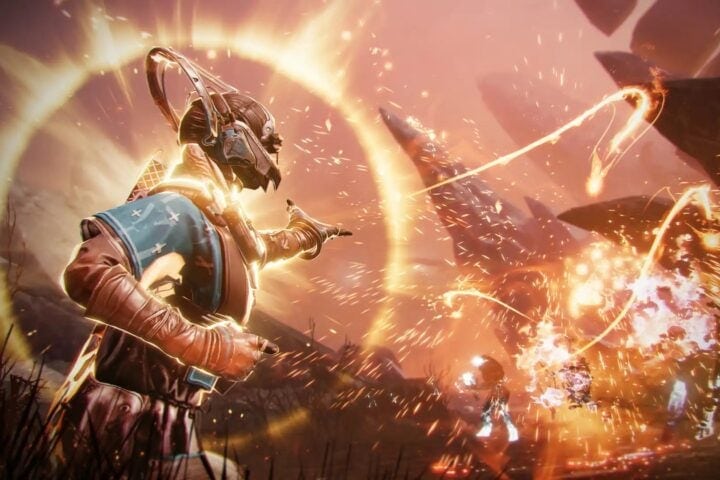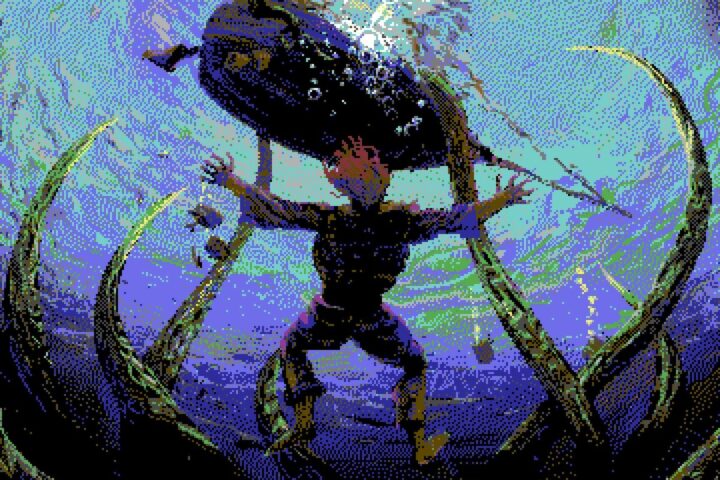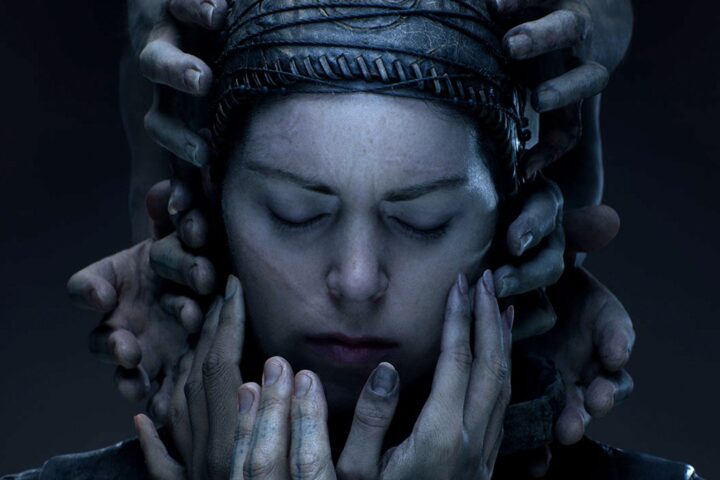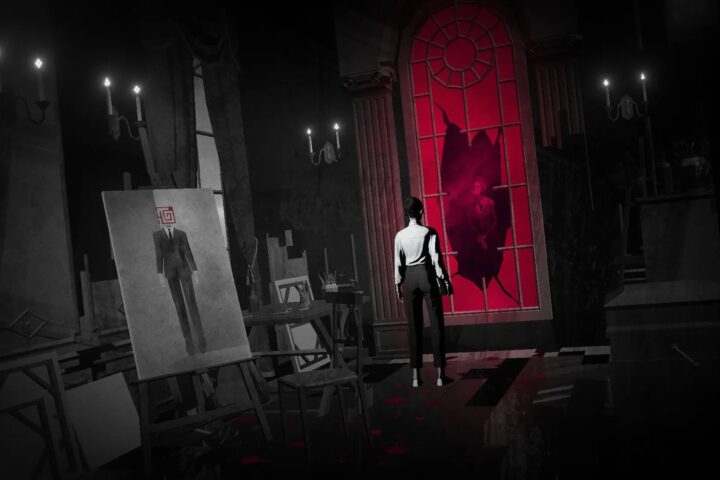The game’s narrative doesn’t support the 10 hours that it takes to complete.
The developers have truly gone out of their way to make the settings reactive to the player.
This is the most enjoyable (and gamified) medical evaluation you’re ever likely to receive.
The game delights in making you feel as though you’ve broken it wide open.
Wukong excels at allowing players to feel increasingly like the Monkey King himself.
‘Kunitsu-Gami: Path of the Goddess’ Review: Dance or Die in Unique “Maiden” Defense Game
Kunitsu-Gami feels like a late arrival to a party that got cut short nearly 20 years ago.
Like the first SteamWorld Heist, only more so, this is an eminently playable game.
Battles are challenging but never reach the nerve-wrecking tension of a FromSoftware title.
At its best, Thalassa finds ways to create a dense, almost oppressive mood.
While Nobody Wants to Die is set in the far future, every inch of it relishes in the past.
The game is memorable for the way that it presents war as ugly, grim, and devastating.
The game’s frustrations dent but don’t fully crack its wondrous sense of atmosphere.
With its unique design, Linkito stands apart from similar story-driven logic puzzlers.
For all its sensory and mechanical delights, it seems intent on snapping you out of the zone.
It’s often said that those who forget the past are doomed to repeat it.
The game’s focus on young love is uncommonly believable and touching.
This is an extended encore and haunting final bow for Miyazaki Hidetaka’s magnum opus.
Bungie’s grand space experiment finishes off its 10-year journey with a masterful expansion.
The game diligently replicates an older, somewhat archaic style of role-playing.
The newest chapter in Senua’s story is powerfully told but feels like it’s missing a few pages.
However obtuse it may seem at times, this absolutely thrilling game never feels unsolvable.

